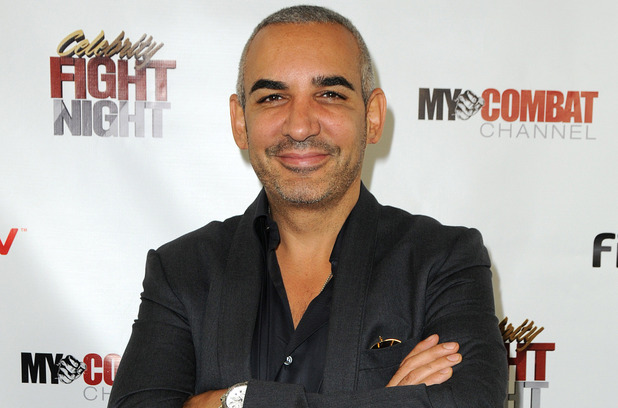
Long after the demise of Aereo, FilmOn is still fighting to broadcast local TV channels over the Internet—despite repeated court losses.
With FilmOn’s latest defeat, US District Judge Rosemary Collyer found that the company is not a cable system and can’t get the same statutory license cable companies are entitled to. Collyer’s ruling goes against a July opinion from a Los Angeles federal judge that resulted in a surprise win for FilmOn, and this recent decision sets up a potential circuit split down the road. That means the questions behind Aereo—can TV be re-broadcast over the Internet, and how much should that cost—may end up back at the Supreme Court.
That’s not happening anytime soon, however, since the Los Angeles ruling in favor of FilmOn is now on appeal to the 9th Circuit. Collyer’s ruling from yesterday will likely be appealed as well. Collyer’s full opinion is still under seal, presumably because it contains confidential business information, but atwo-page order (PDF) published yesterday makes clear that FilmOn’s position has been rejected. A public version of the opinion won’t be available until December.
FilmOn didn’t immediately respond to a request for comment on the ruling. Collyer’s ruling is in favor of a coalition of TV and movie companies that sued FilmOn in 2013, including ABC, CBS, NBC, Fox, and Telemundo.
For those unfamiliar with Aereo, it was a company that attempted to create a novel TV-over-Internet business, hoping to avoid copyright troubles by renting a tiny antenna to each customer. Its legal fight went to the Supreme Court, which ruled that Aereo looked so much like a cable system that it needed to pay for a license, lest it infringe the “public performance” right of the TV broadcasters.
Aereo then went back to court and asked to pay the same statutory royalty rate as the cable companies, but it was rejected. With that last-ditch strategy having failed, the company went bankrupt and closed up shop in 2014 after a three-year fight.
Around the same time, Los Angeles-based FilmOn embraced a similar strategy to Aereo’s. When Aereo stopped broadcasting local TV channels, FilmOn founder Alki David didn’t—until a judgeslapped him with a $90,000 fine. (FilmOn still broadcasts a variety of channels it has licenses for, but the big US networks aren’t on its channel list.)
But FilmOn didn’t give up on the fight to pay the same royalty rate as cable companies, and in July it won its case. It was a huge upset for the TV broadcasters, which initiated litigation in the 9th Circuit after losing early rounds of the Aereo case on the East Coast.
“In filing this case, Plaintiffs hoped for a different result under the law of the Ninth Circuit,” wrote US District Judge George Wu, who found in favor of FilmOn. “And they got one.”
The ongoing FilmOn litigation highlights how incomplete and vague the Supreme Court’s Aereo ruling was. The opinion effectively said, “we just don’t like this business model,” without showing any kind of path to how free TV can be used without violating copyright.
[“source-arstechnica”]
